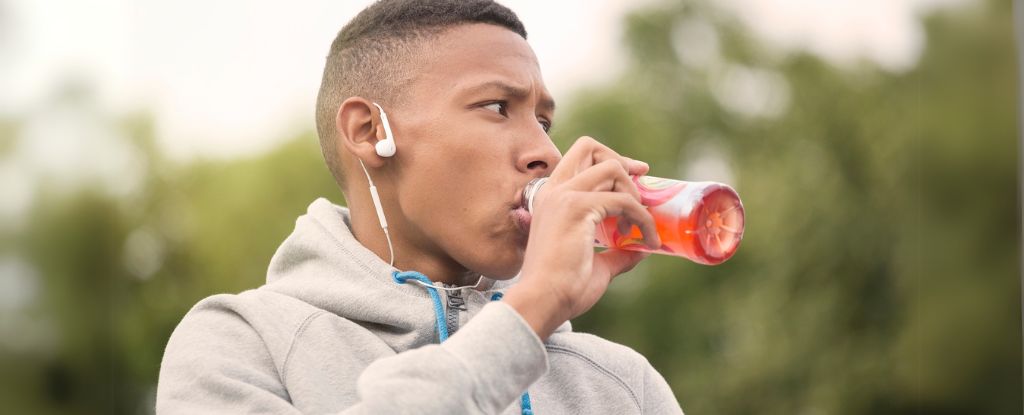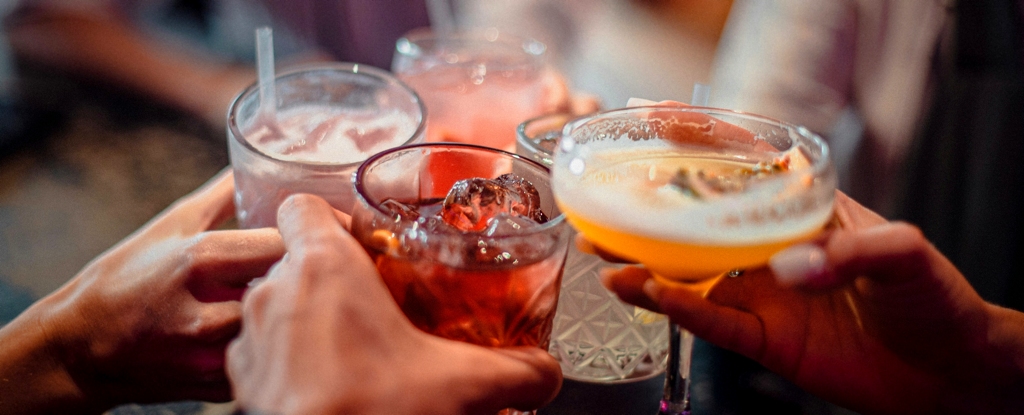For generations, Gatorade and similar electrolyte beverages have been helpful tools for athletes seeking a competitive edge.
In 1965, Dr. Robert Cade and a team of scientists at the University of Florida College of Medicine created Gatorade to help their football players combat heat exhaustion and muscle cramps during long practices in extreme temperatures.
The drink’s winning formula of water, sodium, potassium and sugar works effectively with the human body to keep users hydrated, refueling them with energy and optimizing muscle function.
While I don’t work for or receive funding from Gatorade, as a registered dietitian and nutrition instructor, I’ve watched how specific electrolyte beverages can be handpicked to boost hydration in hospitalized patients, student athletes and even myself.
And while Gatorade was one of the first electrolyte beverages heavily marketed to consumers, its ingredient combination has paved the way for the creation of even more sport and electrolyte beverages on the grocery store shelves today.
If you’re looking to gain a specific nutritional edge from a sports drink, you can seek out a registered dietitian for an individualized plan. Otherwise, if you’ve ever wondered what makes these colorful beverages a nutrition attraction, here’s a closer look at some key ingredients.
frameborder=”0″ allow=”accelerometer; autoplay; clipboard-write; encrypted-media; gyroscope; picture-in-picture; web-share” referrerpolicy=”strict-origin-when-cross-origin” allowfullscreen>
The importance of hydration
Whether people are athletes or not, the human body is constantly losing water through normal human functions such as sweating, urinating and even breathing. When water is lost, the body also excretes key electrolytes such as potassium and sodium. These electrolytes are crucial for everything from heart function to muscle contractions.
Electrolytes get their “electro” name from having an electrical charge when dissolved in water. This charge allows them to work throughout the body in chemical reactions that maintain normal brain functioning, balance fluids inside and outside of body cells and even balance how acidic or alkaline your blood is.
Major stress on the body can accelerate the dehydration process – whether it’s intentional, like running a 5K, or unintentional, like getting a nasty stomach bug. If left unchecked, dehydration can cause more serious complications, such as fainting and irregular heartbeats.
To prevent these complications, you need to replenish the fluids and electrolytes you’re losing. Stressful scenarios such as exercise and sickness are a perfect time to consider an electrolyte replacement drink.
A closer look at Gatorade’s ingredients
Water, the main ingredient in most sports drinks, hydrates you. The human body is made up of approximately 60 percent water, so to stay hydrated, it is important to listen to your body and drink water regularly. When the body’s water volume is decreased, it sends thirst signals to the brain.
However, these signals often lag behind your hydration status. So, once you feel thirsty, your body is likely already slightly dehydrated.
For a more accurate hydration assessment, check the color of your urine. Darker yellow or golden urine? Grab some water. Pale yellow or clear urine? Keep up the good hydration.
Sodium, another ingredient in Gatorade, attracts water. When you are dehydrated, the body’s blood is more concentrated because less water is circulating overall.
When you have a lower blood volume, your blood vessels don’t expand as much as they normally would – ultimately lowering blood pressure. If blood pressure drops too quickly due to dehydration, you might feel dizziness, lightheadedness, nausea or weakness.
The good news is that sodium actively pulls water into the bloodstream. So during an intense workout or while dealing with a dehydrating illness, consuming a salty snack or sports beverage can help.
The potassium in Gatorade regulates muscle contractions. This electrolyte is especially critical for regulating your heartbeat, and it also aids in normal skeletal muscle contractions. If the body lacks enough potassium, painful muscle cramps or dizziness can disrupt your workout or day.
Sugar provides quick energy and nutrient absorption power. A traditional Gatorade beverage contains glucose and dextrose, which are both known as simple sugars. A simple sugar is one that the body can quickly digest and absorb, with the goal of quickly increasing blood sugar.
Strenuous aerobic exercise or strength training for longer than 60 minutes, performing activities in very hot or humid climates, or the physical strain of an unwelcome illness can all rev the body’s metabolism and quickly deplete blood glucose. When glucose levels drop, you may experience fatigue, weakness, lightheadedness, nausea or difficulty concentrating.
The nutrient combination found in Gatorade was designed with athletes in mind, but it is also sometimes discussed as a remedy to consider during an unpleasant bout of gastrointestinal illness. Diarrhea and vomiting are easy routes for electrolytes such as sodium and potassium to escape.
Energy drinks’ combination of simple sugars, water and electrolytes may be one strategy to maintain hydration during a time when food and fluids are difficult to stomach.
However, be cautious – many traditional sports drinks have a high sugar content aimed at refueling lost energy during a workout. When that same sugar content is introduced to an upset gastrointestinal tract, it can pull in extra water, leading to more diarrhea. If you find yourself in this situation, here are some other options to consider.
Opt for a lower-sugar electrolyte beverage. Beverages to consider include Pedialyte or even a broth-based soup. Both will hydrate with minimal added sugar content.
The human body is incredibly efficient at managing nutrients in the blood. In most cases, balanced meals and water consumption are enough to meet your daily nutrient needs.
During intense physical exercise or an unexpected illness, however, the body may struggle to maintain its usual balance.
If you notice unusual symptoms such as dizziness, fatigue or persistent thirst, your body will need attention. In specific cases of dehydration from exercise or illness, a sports drink like Gatorade can be a simple tool to help you bounce back to your best self.![]()
Bryn Beeder, Visiting Instructor in Kinesiology, Nutrition, and Health, Miami University
This article is republished from The Conversation under a Creative Commons license. Read the original article.





